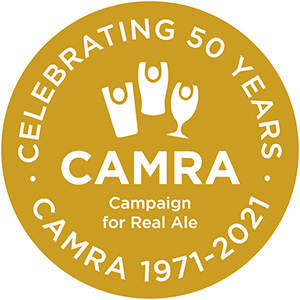Other ways to save pubs
Not all pubs are the same or should be the same. Yet the trend over recent decades has been to make them so. Open them up and make them appeal to the young has been the mantra.
Obviously this is a legitimate business model but it runs into the law of diminishing returns as more and more pubs go down the same route. Not all consumers want the same thing as Waitrose and Lidl successfully demonstrate at opposite ends of the supermarket spectrum. One size does not necessarily fit all.
Pubs with historic interiors have something special to capitalise upon. They can play to the popular idea that the traditional pub is a much loved and unique British institution. They can also play to the fact that a sizeable proportion of actual and would-be pub goers are only too happy to avoid youth-centred establishments.
The traditional multi-room pub has the advantage that different groups can occupy different spaces each with a different character.
A good example is the Bruce Arms in the Wiltshire village of Easton Royalwhere young customers populate the games room and traditional drinking customers the other spaces without mutual embarrassment!
Equally, without compromising its historic core, separate rooms enable an easy segregation of drinkers and diners as at the Kings Arms, Heath in West Yorkshire.
Here are a couple of examples of pubs with nationally important interiors that have been brought back from the dead to great effect.
The Bartons Arms, a magnificent pub of 1899-1901, in the unprepossessing surroundings of Aston, Birmingham, lay closed from 2000 to 2003. It was then taken over by Oakham Ales of Peterborough and restored to vigorous life: part of its success lies in combining Thai dining facilities with a range of fine ales.
Similarly the Albion, Conwy, in North Wales, built in the 1920s, was a failed pub but was resurrected in 2012 by a consortium of North Wales micro-brewers as a showcase for their wares. It now thrives both as a community pub and one popular with tourists, even without dependence on food.
CAMRA believes that pubs with historic interiors can offer a good business opportunity in the right hands. Could they be yours?
 Pub Heritage
Pub Heritage 